The Department of Slavic Languages at Brown specializes in the cultures, literatures, and languages of Russia, the Czech Republic and Poland. We are one of the oldest Slavic departments the US (established in 1947, with a graduate program added in 1960). The department has been distinguished by academic excellence and dedication to teaching since its inception. Flexible and open to innovative approaches in the field, the department has remained in the vanguard of Slavic Studies. We are the center for campus study of the Slavic world at Brown and are strategically linked to a number of fields across the humanities and social sciences, including literature, performing arts, history, economics, and international relations.
The department educates future experts in Slavic studies and related fields, its work based on the collaborative exchange of ideas that is the hallmark of Brown’s Open Curriculum. One of our essential goals is to help students become adept at interpreting texts (broadly understood to include works of literature, media, and the visual arts).
Our faculty members are recognized scholars in their fields. They have received various awards, grants, and fellowships, and publish extensively on Russian and Polish literatures, intellectual history, theater, film and culture from the eighteenth to twenty-first century, as well as Czech linguistics and discourse analysis. Their expertise covers the early modern period to the twentieth-first century and includes works by Russian, Polish, and Czech authors, many of whom are renowned the world over: Derzhavin, Pushkin, Lermontov, Dostoevsky, Tolstoy, Chekhov, Nabokov, Gombrowicz, Schulz, Havel. In addition, our faculty publish on Russian film and theatre as well as Russian and Czech linguistics. Central to our work are the rich intellectual and literary traditions of the Slavic nations and the importance of these traditions in understanding the contemporary cultures. This approach is particularly valuable as Eastern and Central European societies reshape themselves in new geopolitical contexts. Slavic offers an exciting laboratory for studying issues of national identity. Our course offerings reflect wide-ranging interests of our faculty who are fine and influential teachers on campus.
Our undergraduate and graduate programs encourage individually-tailored research opportunities, both on campus and in Russia, the Czech Republic, and Poland. Students in Slavic may choose from various summer and semester/year study abroad programs, including our own. Concentrators in Slavic Studies receive a solid grounding in one or more Slavic languages, literatures, and cultures. Our graduates go on to careers in a number of fields, including literature and linguistics, law, diplomacy, journalism, publishing, performing arts, and international business, as well as more traditional graduate study in Slavic languages and literatures.
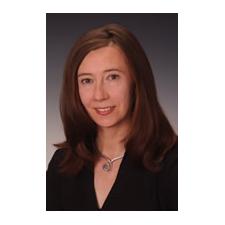
Evdokimova, SvetlanaChair

Arant, PatriciaProfessor Emerita of Slavic Languages

Carey, ClaudeProfessor Emerita of Slavic Studies

Cook, Linda JProfessor Emerita of Slavic Studies

deBenedette, LynneAssociate Teaching Professor of Slavic Studies

Evdokimova, SvetlanaProfessor of Slavic Studies
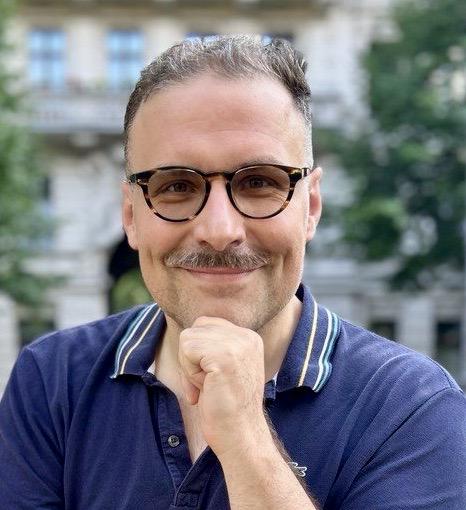
Fenghi, FabrizioAssociate Professor of Slavic Studies
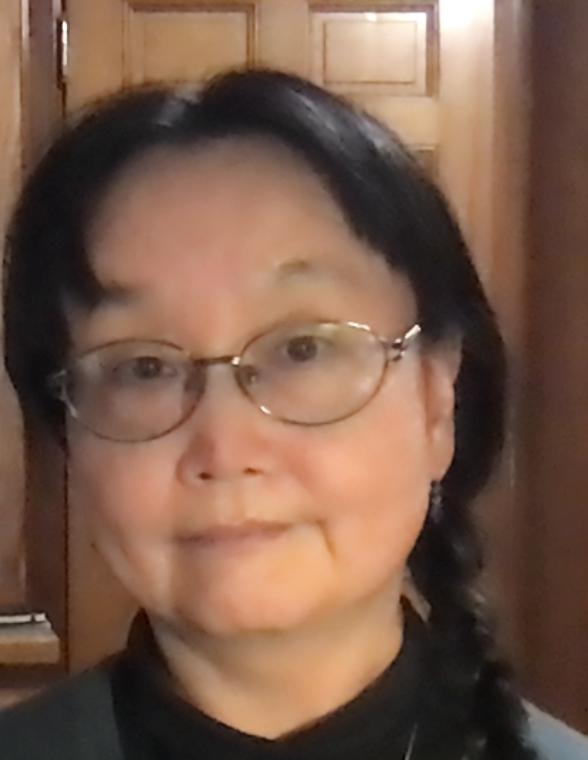
Fidler, Masako UedaProfessor of Slavic Studies
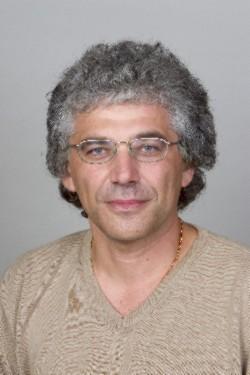
Golstein, VladimirProfessor of Slavic Studies
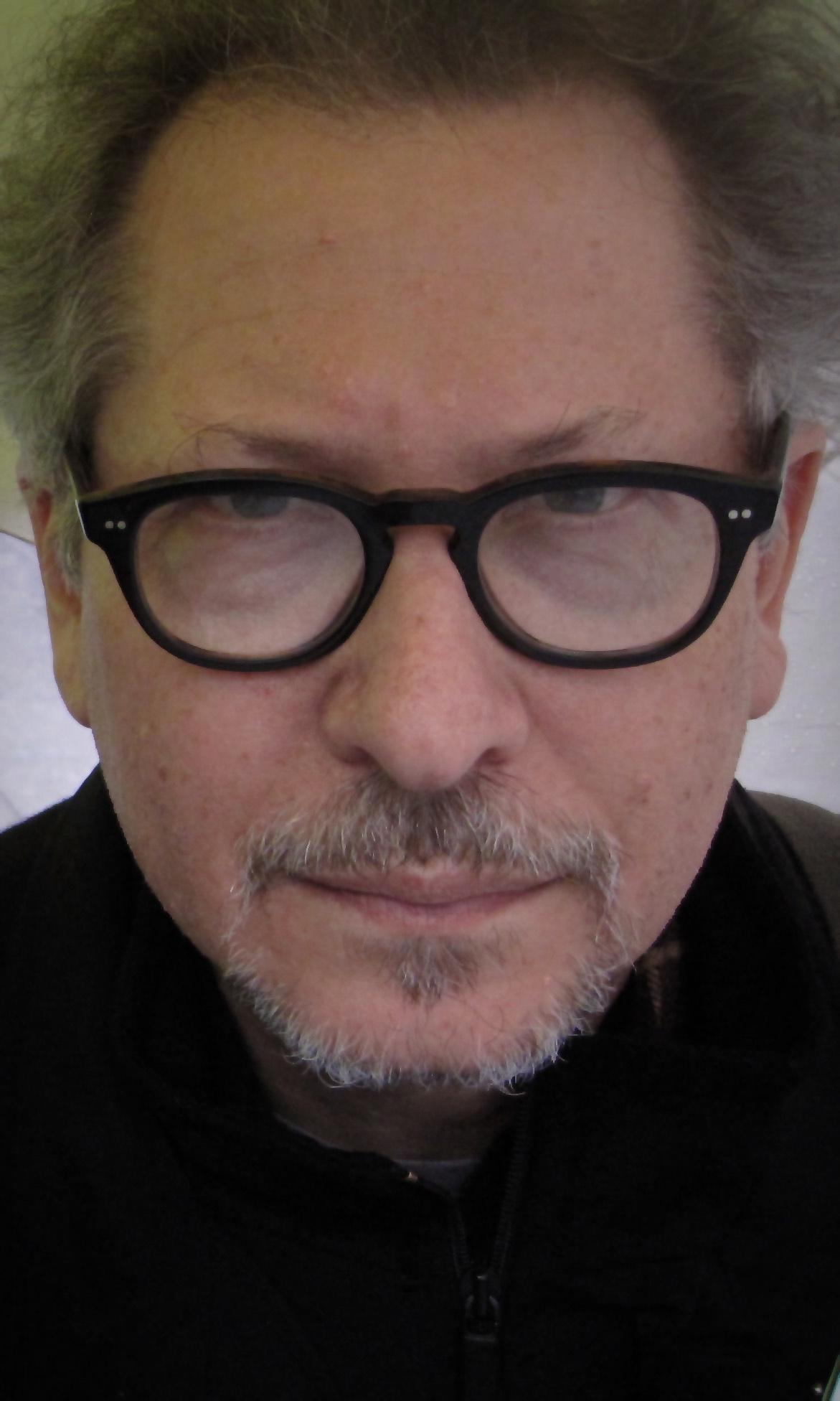
Golub, SpencerProfessor Emeritus of Slavic Studies
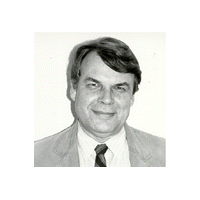
Levitsky, AlexanderProfessor Emeritus of Slavic Studies

Mathiesen, Robert CProfessor Emeritus of Slavic Languages
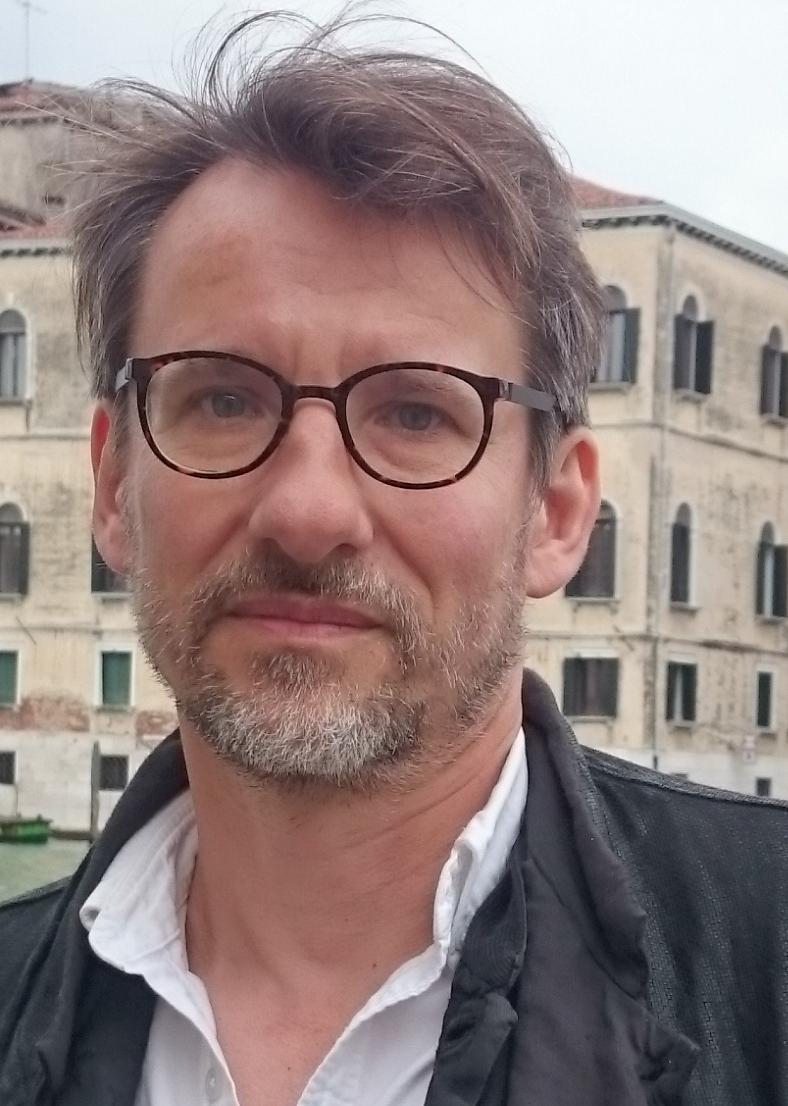
Oklot, MichalAssociate Professor of Slavic Studies
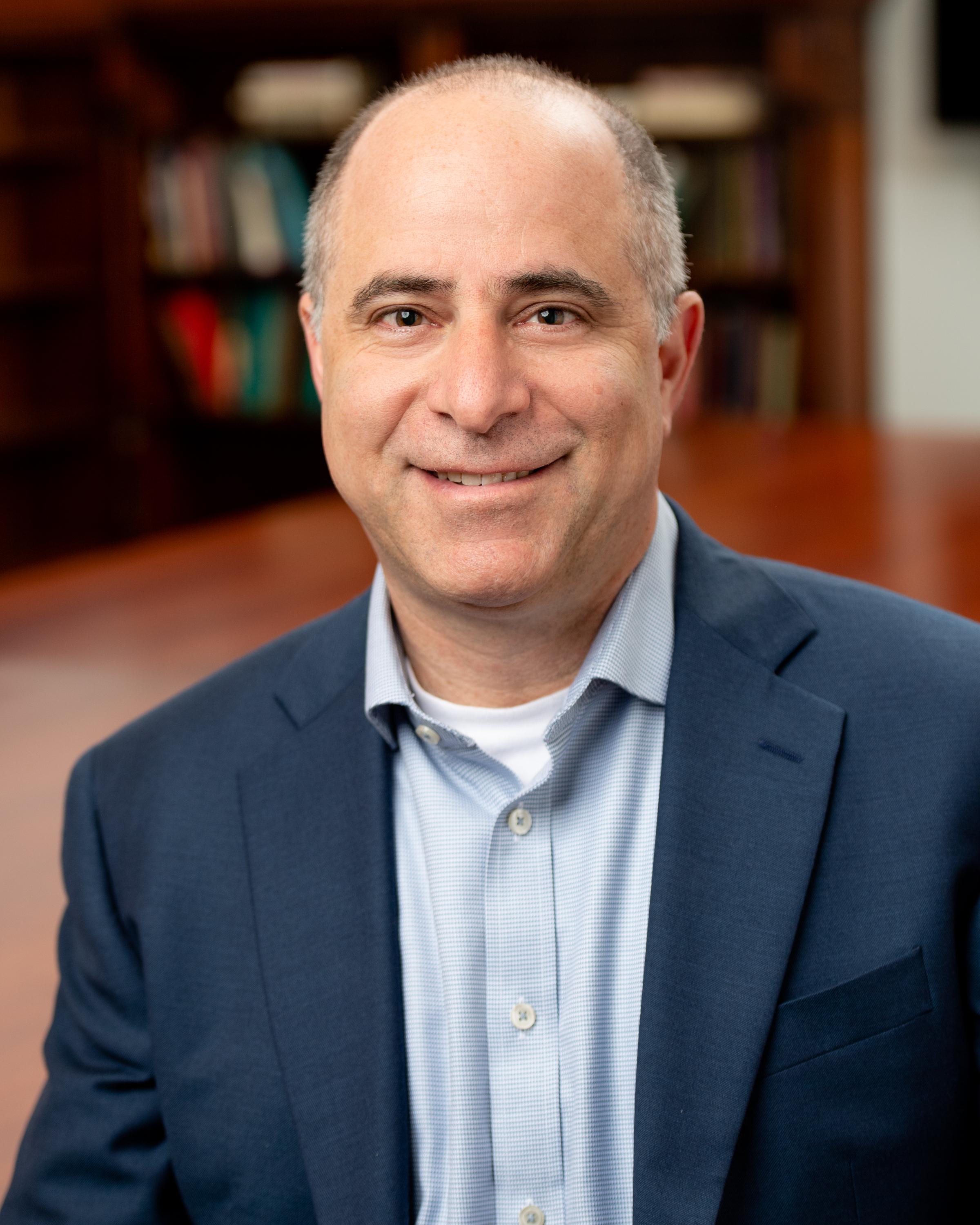
Pollock, Ethan MProfessor of Slavic Studies

Shapiro, MichaelProfessor Emeritus of Slavic and Semiotic Studies
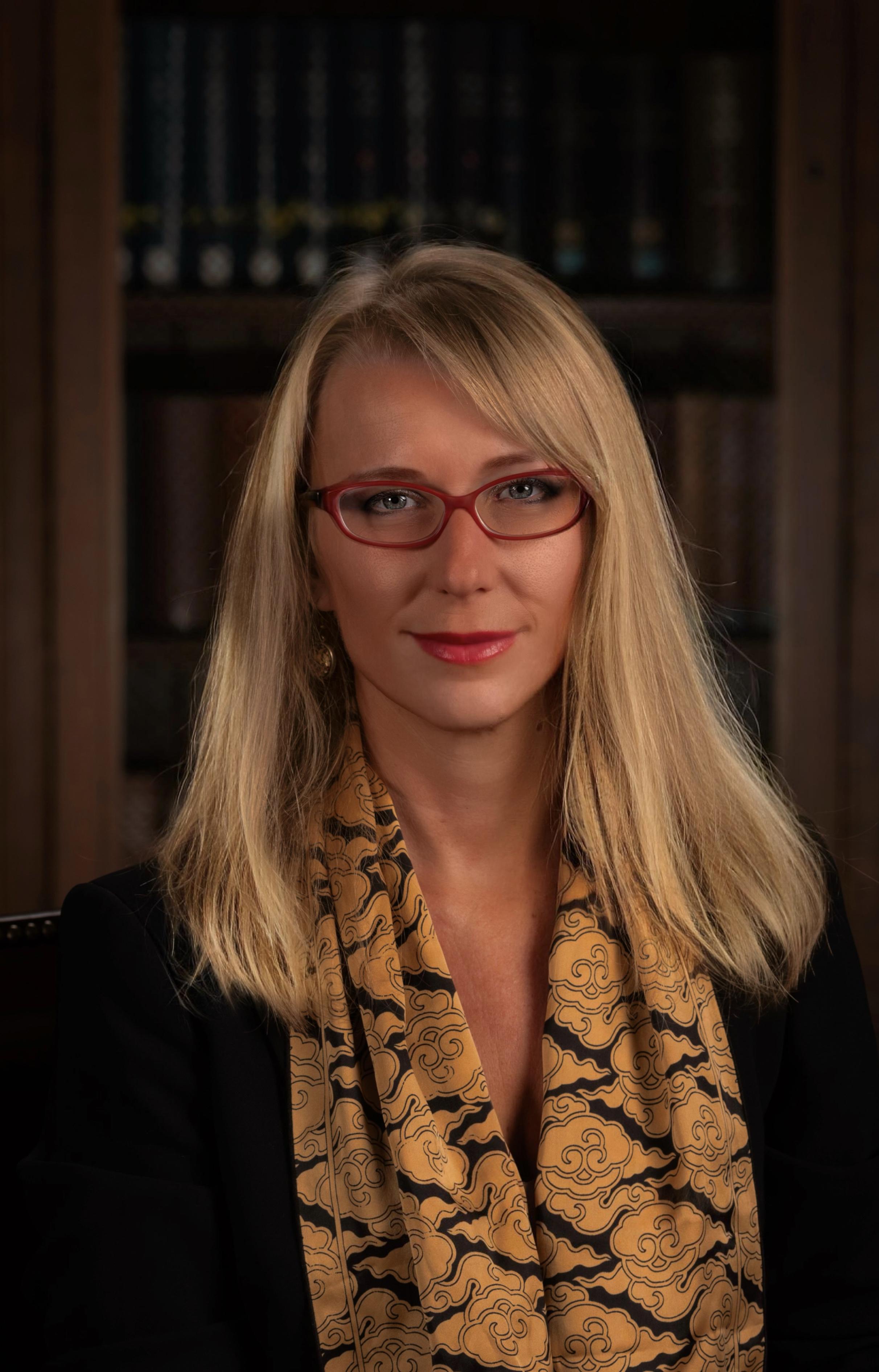
Taroutina, MariaAssistant Professor of Slavic Studies